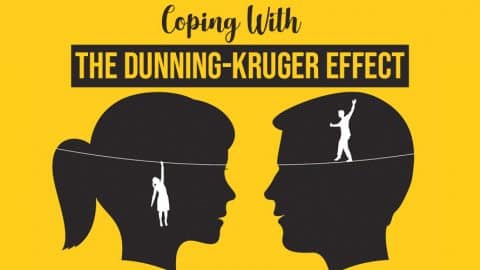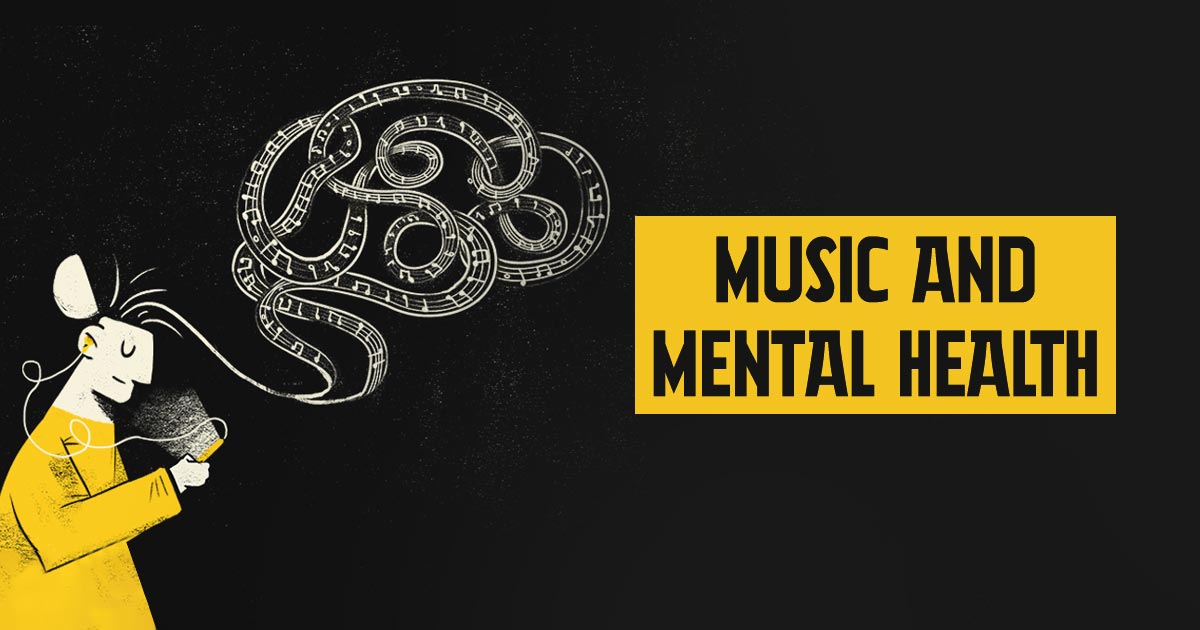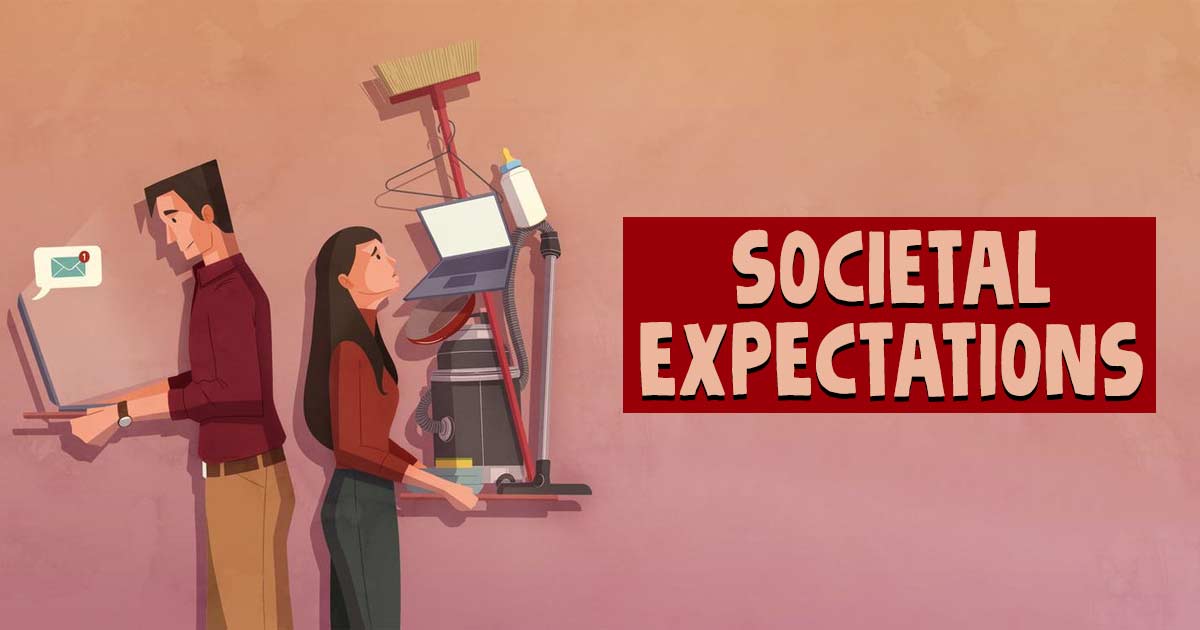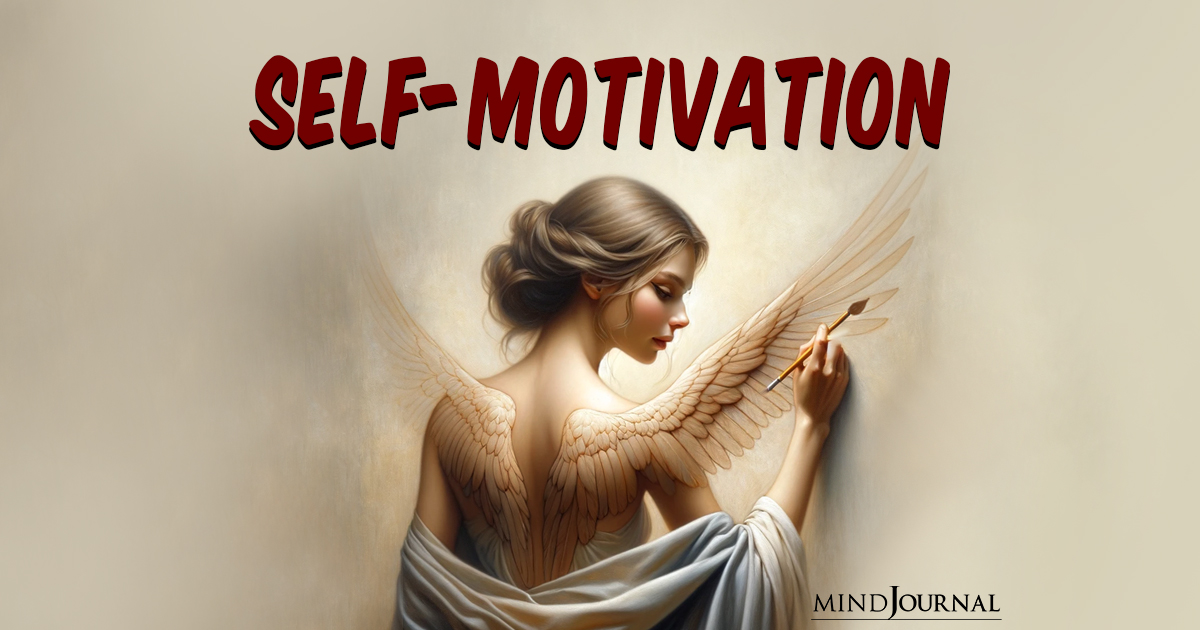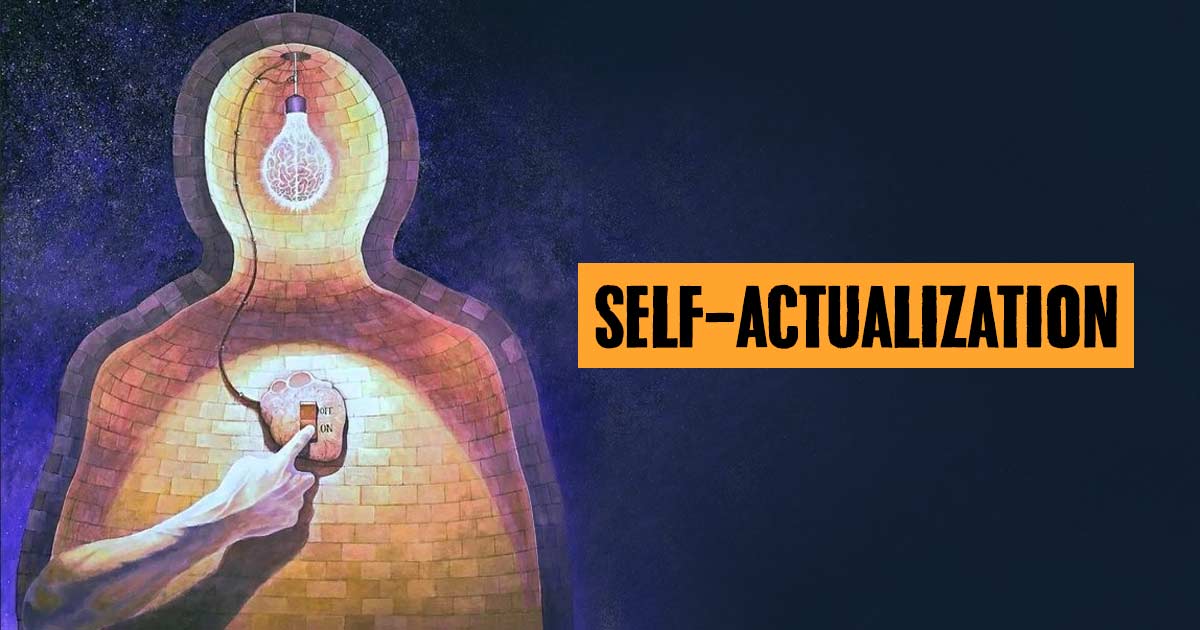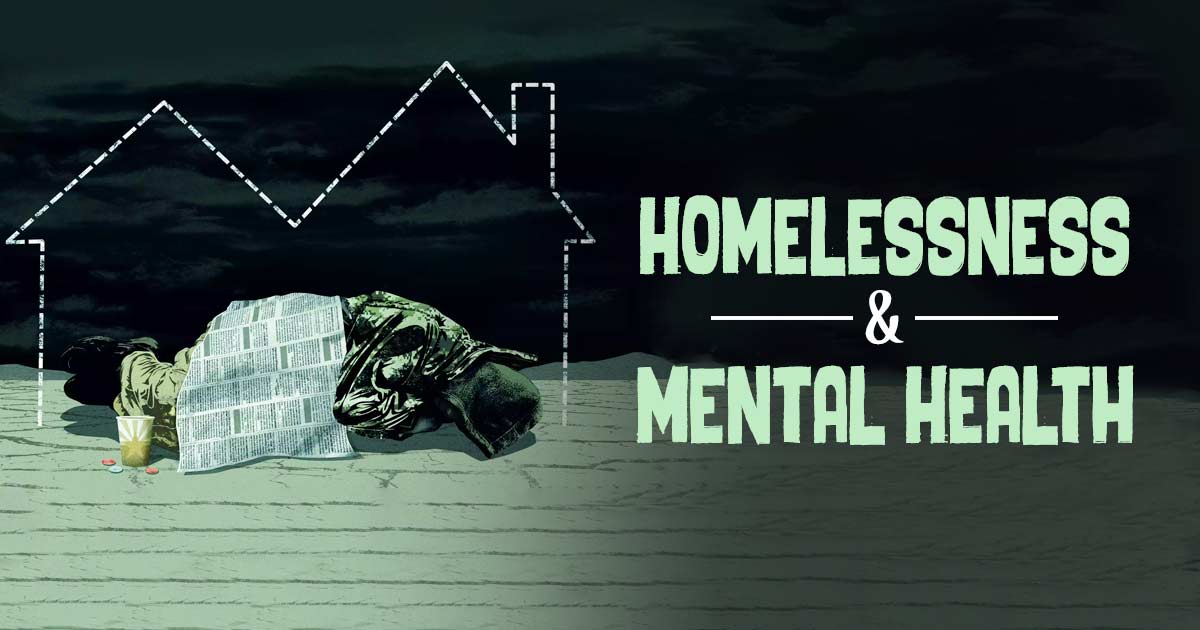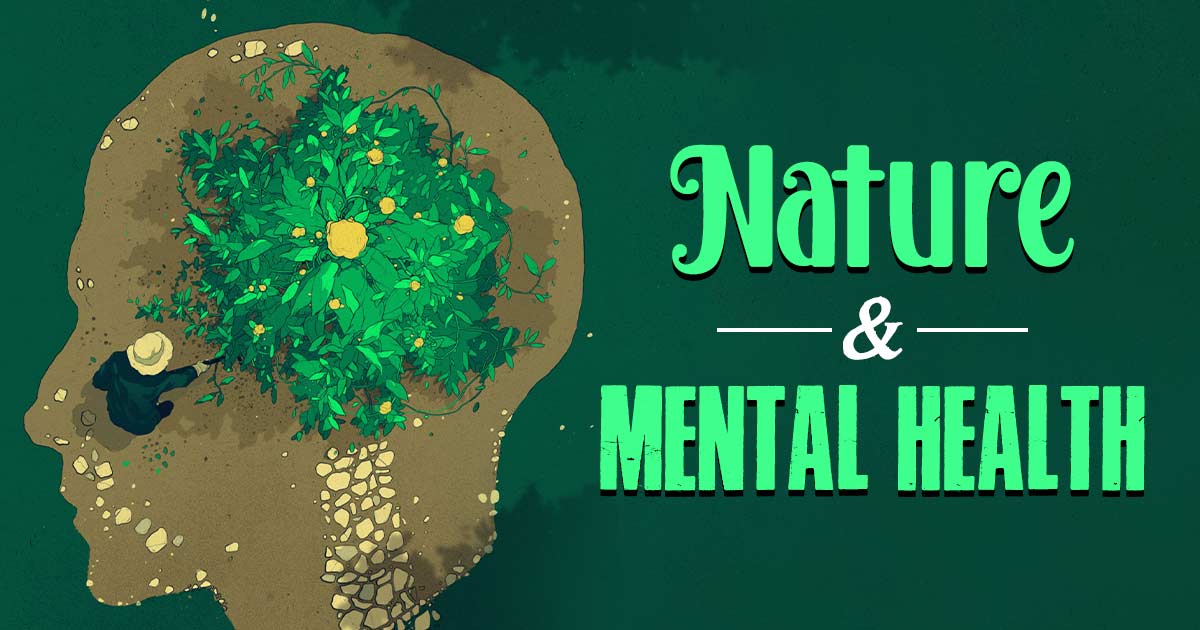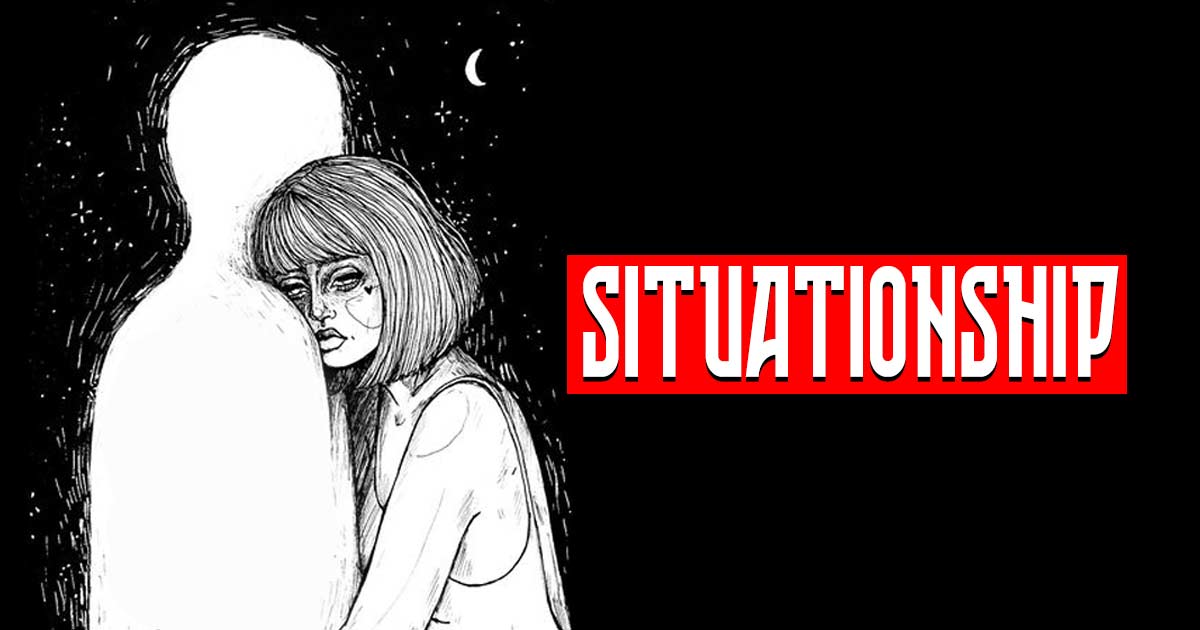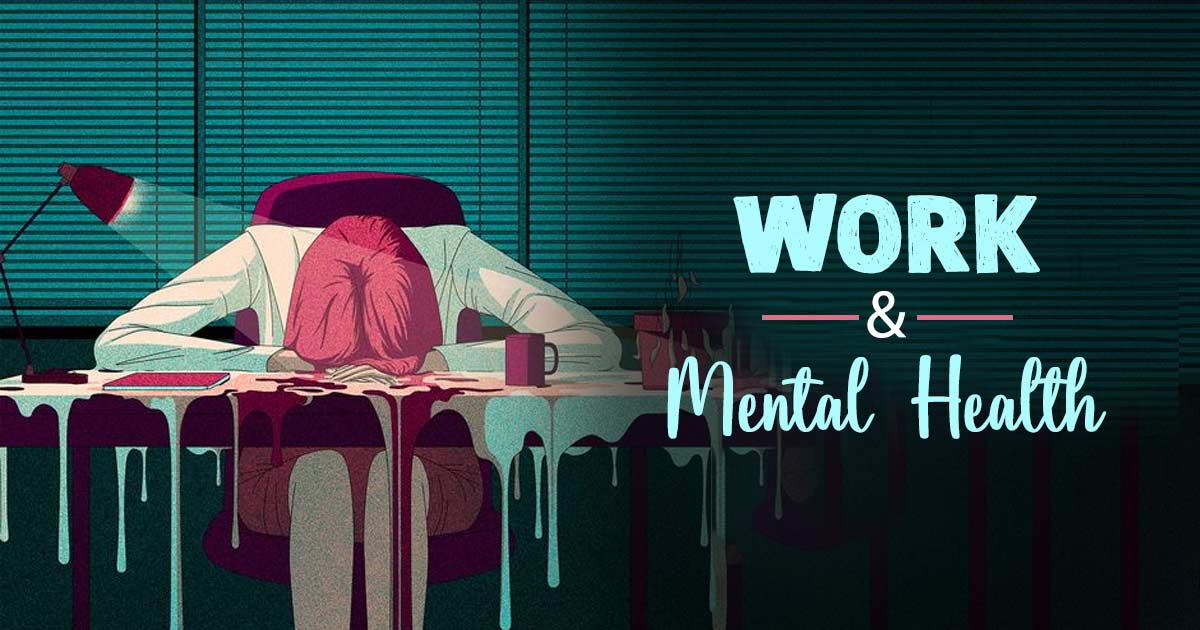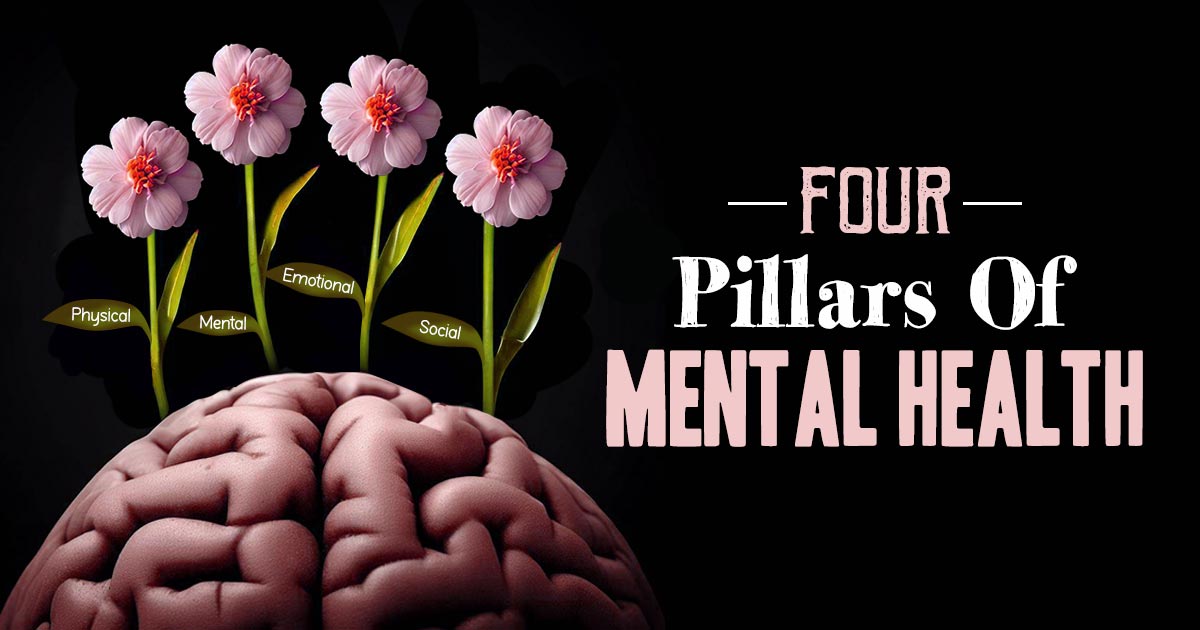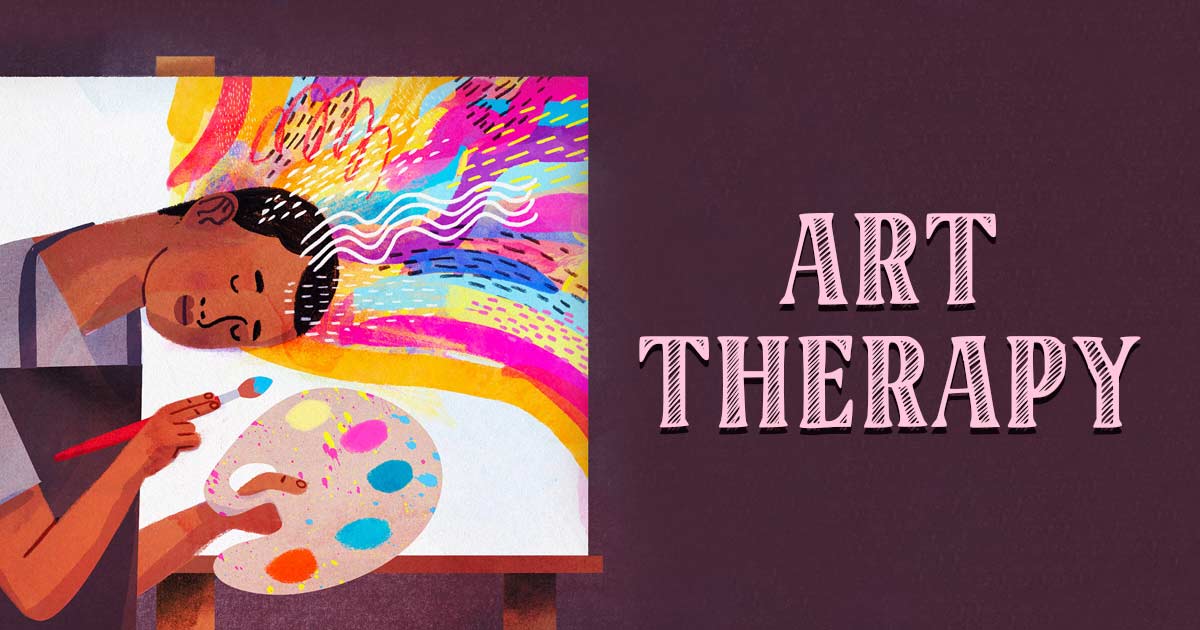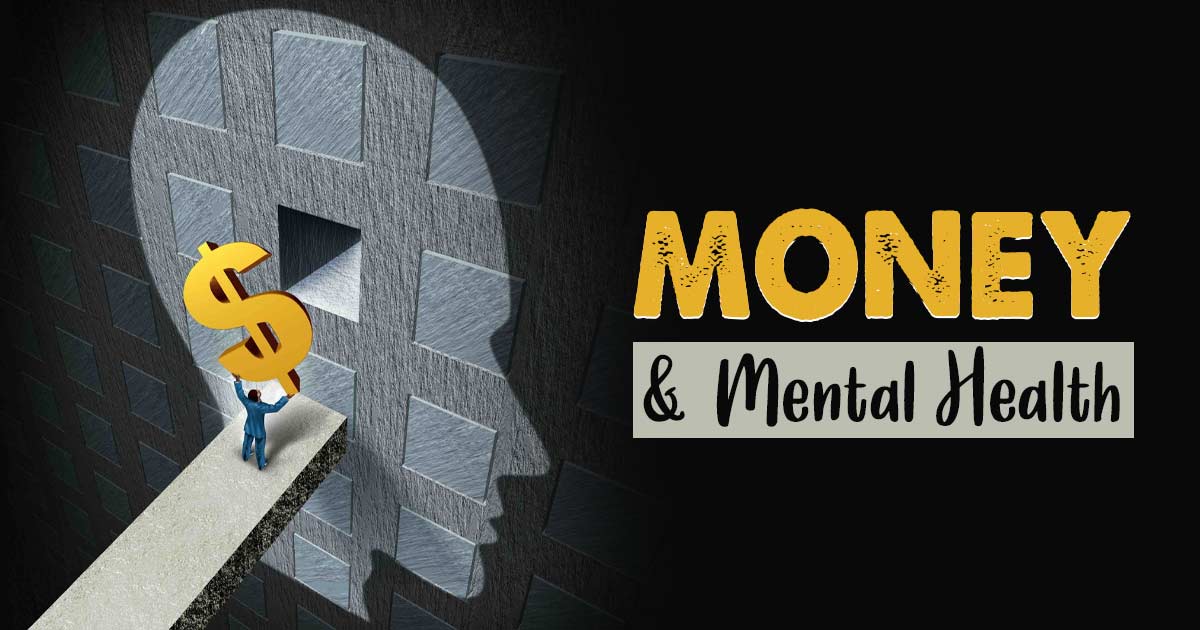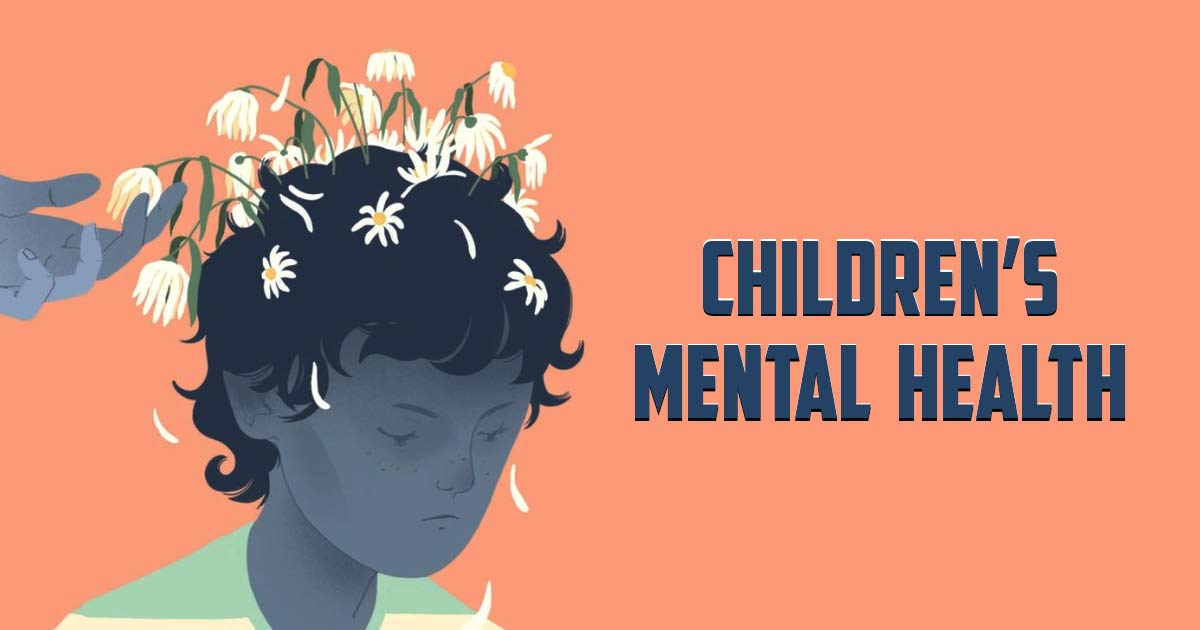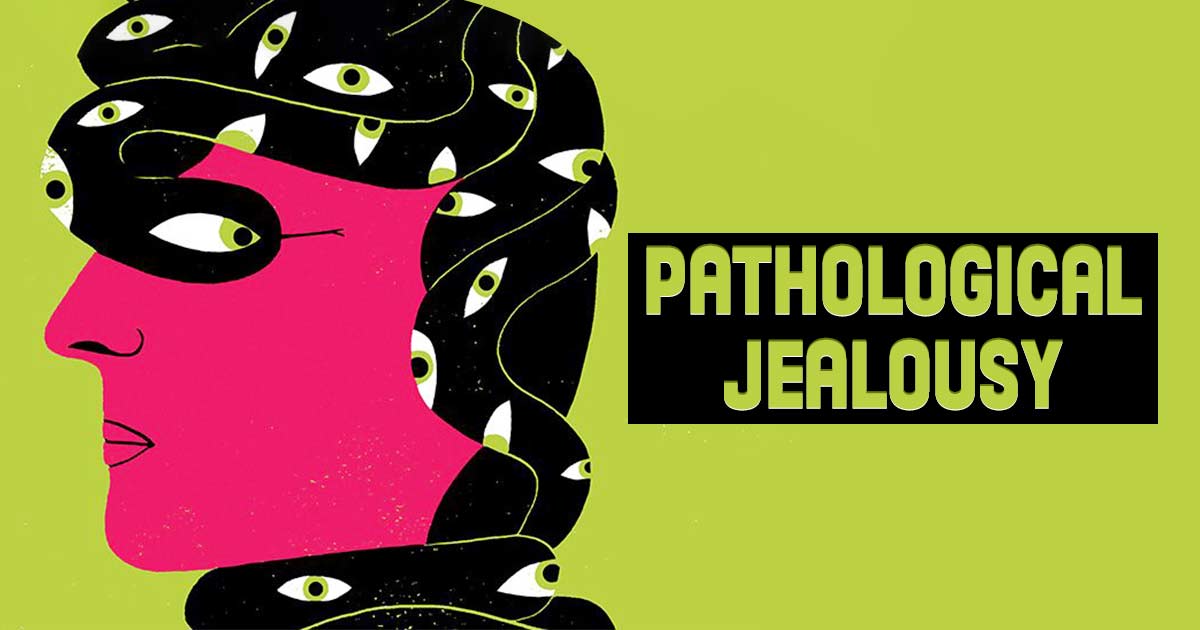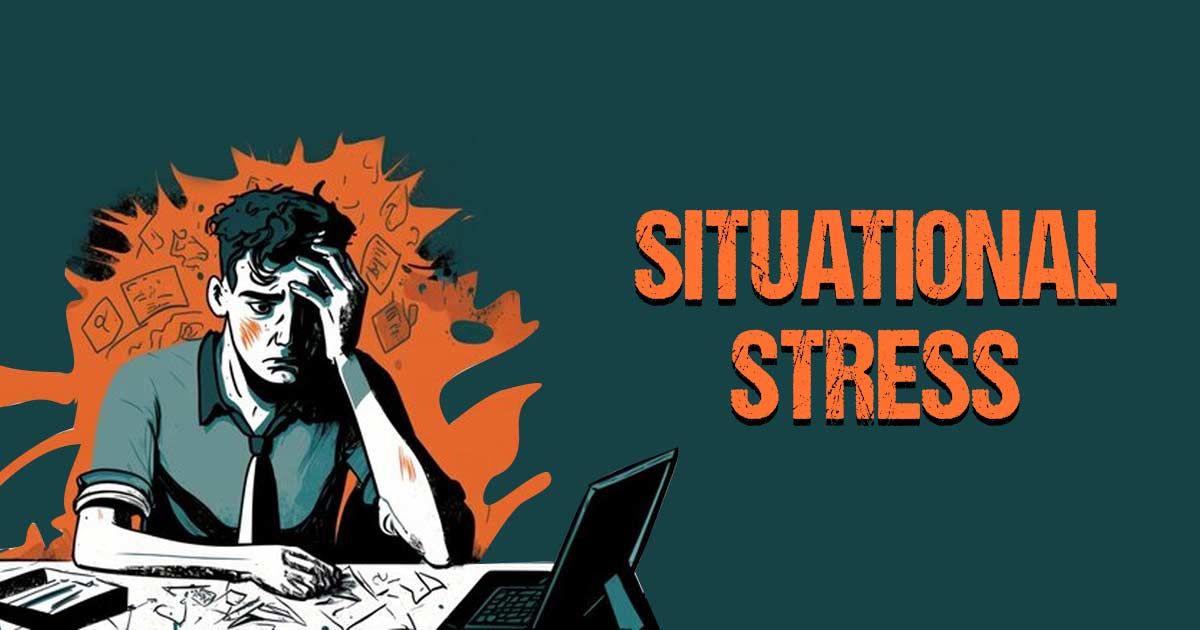The Dunning-Kruger effect can make someone overestimate their abilities and performance and keep them from recognizing their lack of abilities. This is why it is crucial to learn how to cope with this cognitive bias and have realistic confidence in self.
The Dunning-Kruger Effect
The Dunning-Kruger effect is a cognitive bias where poor performers falsely self-assess themselves as top performers. Due to this bias, people with low abilities tend to overestimate their skills and abilities as compared to others. A 2017 study 1 Pennycook G, Ross RM, Koehler DJ, Fugelsang JA. Dunning-Kruger effects in reasoning: Theoretical implications of the failure to recognize incompetence. Psychon Bull Rev. 2017 Dec;24(6):1774-1784. doi: 10.3758/s13423-017-1242-7. PMID: 28224482. explains “The Dunning-Kruger effect refers to the observation that the incompetent are often ill-suited to recognize their incompetence.”
The bias was first observed by psychologists David Dunning and Justin Kruger 2 Kruger J, Dunning D. Unskilled and unaware of it: how difficulties in recognizing one’s own incompetence lead to inflated self-assessments. J Pers Soc Psychol. 1999 Dec;77(6):1121-34. doi: 10.1037//0022-3514.77.6.1121. PMID: 10626367. in 1999. Evidence shows that most individuals often fail to assess their competence accurately due to the lack of self-awareness of metacognition 3 McIntosh, R. D., Fowler, E. A., Lyu, T., & Della Sala, S. (2019). Wise up: Clarifying the role of metacognition in the Dunning-Kruger effect. Journal of Experimental Psychology: General, 148(11), 1882-1897. https://doi.org/10.1037/xge0000579 .
It has been seen that both incompetent people and smart individuals can be equally affected by this bias. However, unlike poor performers who only overestimate their abilities, top performers can underestimate their performance as a result of bias. Learning how to manage this psychological tendency can enable us to have an accurate idea about our competence and develop realistic levels of confidence.
Read More About Dunning-Kruger Effect Here
Overcoming The Dunning-Kruger Effect
Although all of us can be affected by the Dunning-Kruger effect, one of the best ways to cope and overcome this cognitive bias is simply to gain more knowledge about a topic or domain. By learning more about and gaining more experience in a specific subject, one can realize how little they know about it. This recognition of their own lack of knowledge & ability can help them avoid overestimation of their competence and develop realistic confidence levels.
Moreover, by understanding how the human mind operates, a person can also understand how such a cognitive bias may affect your thoughts, emotions and behavior. This can eventually lead to building their confidence and self-esteem without pretending to be a know-all.
How To Avoid The Dunning-Kruger Effect
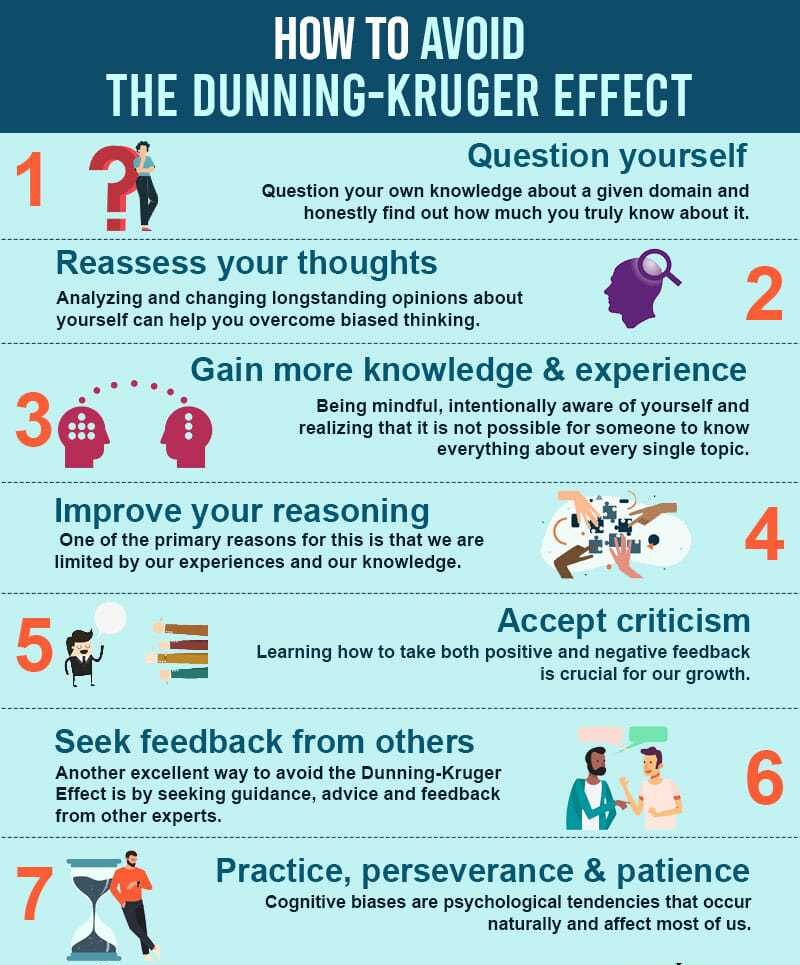
Here are some effective and helpful ways and coping strategies for someone to avoid the Dunning-Kruger Effect and develop realistic levels of confidence:
1. Question yourself
Question your own knowledge about a given domain and honestly find out how much you truly know about it. Instead of blindly accepting your own opinions and claims about your own expertise, routinely verify your knowledge base. According to David Dunning, we can become our own advocate, mediator and judge by challenging ourselves to find out if we can be possibly wrong.
Try to devise a rebuttal or counter argument to your own claims about your competence. Avoid taking assumptions for granted and don’t rely excessively on your instincts. Constantly challenge your own expectations and beliefs and look for information that may counter your claims or ideas.
Questioning ourselves enables us to observe ourselves from a new perspective and become detached from subjective views. Questioning our own thought process is one of the simplest ways to identify and deal with this cognitive bias.
2. Reassess your thoughts
Avoid taking your own views about yourself for granted. Analyzing and changing longstanding opinions about yourself can help you overcome biased thinking. Most of us tend to believe we are great in certain things. However, if we want to avoid the Dunning-Kruger effect then we must critically analyze our skills, knowledge and what we are truly good at. This will enable us to accurately assess our skill level and make more rational decisions in life.
3. Gain more knowledge & experience
Being mindful, intentionally aware of yourself and realizing that it is not possible for someone to know everything about every single topic, yet being willing to learn, is the best way to resolve this effect. By constantly learning & practicing your craft in a given domain you can dig deeper and equip yourself with more knowledge about a subject. When you stop assuming that you know enough about a topic, you can open yourself to the available knowledge. The more you learn and experience, the more you will realize how much more you need to learn. This will prevent you from falsely considering yourself as an expert.
When our actual competence becomes equal to our perceived competence by gaining experience and knowledge, it can strengthen and deepen our self-awareness and understanding. It is only by exploring a domain further rather than assuming you are an expert, you can truly overcome the Dunning-Kruger Effect .
4. Improve your reasoning
Most of us have a tendency to implement the same pattern of logic to every challenge or test we face. One of the primary reasons for this is that we are limited by our experiences and our knowledge. By learning new skills, gaining new experiences, and understanding new things we can effectively break our old pattern of thinking and develop new ways of reasoning. Although stepping into a new domain may initially reduce your confidence levels, it will increase your metacognition.
5. Accept criticism
Learning how to take both positive and negative feedback is crucial for our growth. Accepting criticism honestly, whether at work or in our personal life, shows that we have realistic expectations from ourselves. It also shows confidence and a willingness to improve. Instead of denying or rejecting any criticism, take it seriously and further investigate examples and evidence to validate such claims and focus on how you can improve yourself.
6. Seek feedback from others
Another excellent way to avoid the Dunning-Kruger Effect is by seeking guidance, advice and feedback from other experts who can help us identify our faults and blindspots. Asking a mentor, senior, colleague or even a friend for constructive criticism or advice can help us develop awareness and realistic confidence.
Genuine and honest criticism can help us identify our boundaries and expand our competence levels. Asking for feedback from others is a sign that you want to grow and open to suggestions on improvement. When done seriously, feedback from others can offer valuable insights regarding how others analyze your competence.
7. Practice, perseverance & patience
Cognitive biases are psychological tendencies that occur naturally and affect most of us. Eradicating a bias completely can be challenging and, to some extent, unnecessary. What is important is that we learn to identify the triggers, realize when it is occurring and have awareness on how it’s affecting us. Once we can gain awareness, we can step back and calmly think about our reactions before responding. This will help us to gain better control on ourselves and manage the bias. However, this will require continuous practice, persistence and patience as the process can be challenging yet ultimately rewarding.
By following these coping strategies one can not only gain the ability to accurately self-assess their competence level but also prevent the Dunning-Kruger effect from affecting their thought and behavior patterns and decision making.

